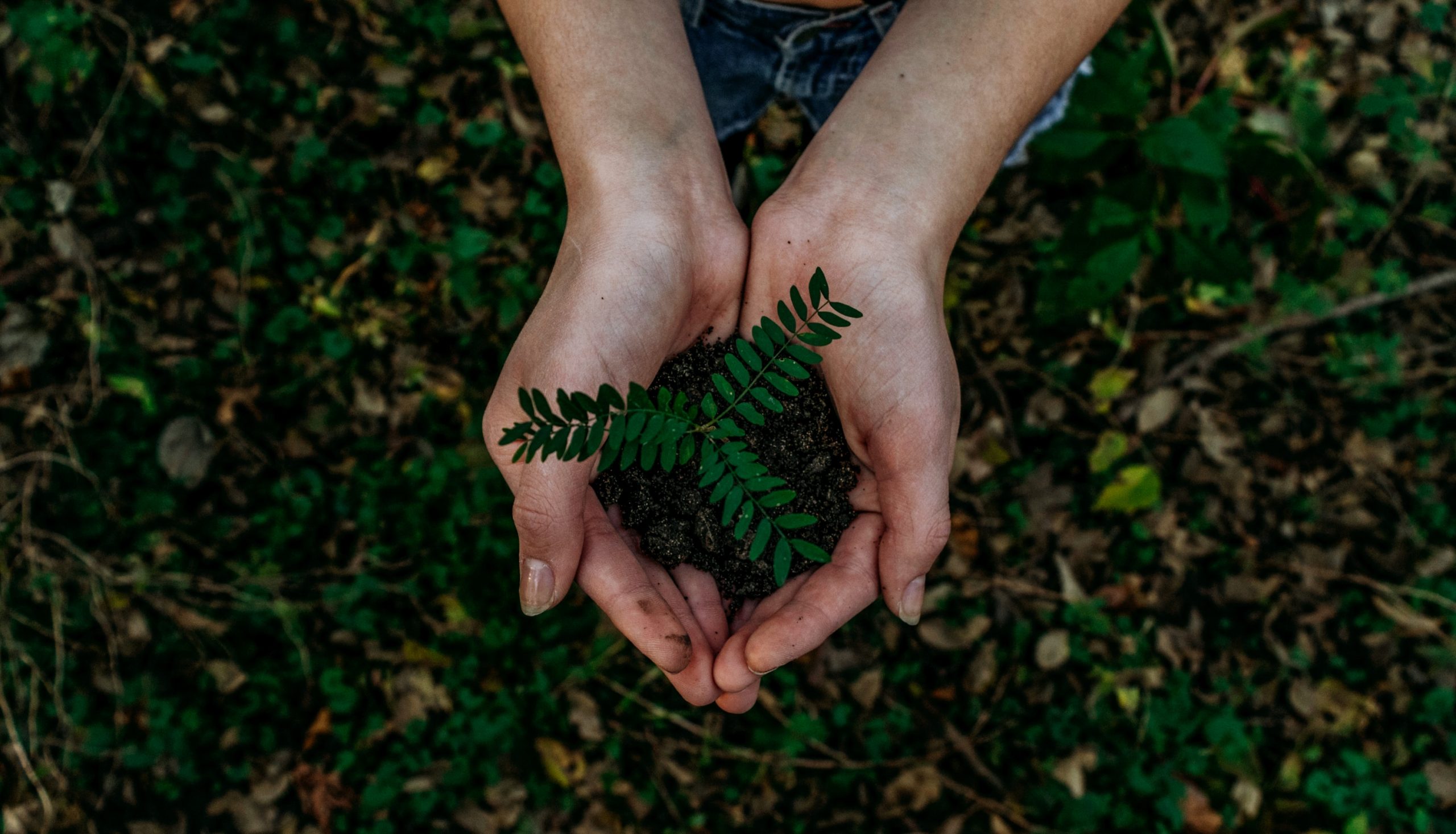We all know that climate change is one of the most significant challenges affecting the world today. From extreme weather events to alarming statistics, many young people are experiencing ‘eco-anxiety’ or climate change anxiety. Many are worried about the state of the world and the future of the planet. And quite rightly. While it’s important to educate children and foster teens about the truth, facts and figures surrounding climate change, it’s also important to educate foster children about what they can do to help and empower them to take positive action. Education can encourage people to change their attitudes and behaviour; it also helps them to make informed decisions.
At Orchard Fostering, we believe educating children about climate change can both empower and can help motivate them. This will not only alleviate climate change anxiety but help teach foster children to be sustainable, responsible citizens going forward in life, whether they are in short term or long term foster care. Here’s a list of fun, interactive activities – suitable year-round from summer to winter – to help foster parents to teach children about climate change.
If you’re interested in foster care, please contact Orchard Fostering today. We’re available on the phone or via email – you can also fill out a form directly on our contact page. We recruit carers nationwide.
Make a Bird Feeder
Creating a space for nature in and around your home is a great idea to teach foster children to care about the natural environment. You can try upcycling by creating a bird feeder from plastic bottles or milk cartons that are lying around. There are also plenty of ways to make bespoke and unique birdfeeders, just have a look online to get inspired and get creating. This is a fun way to teach foster children how to get crafty and enjoy getting more involved with nature! An added bonus is that when its finished, the pleasant sound of birdsongs will flood your garden!
Recycle
Teaching foster children about recycling doesn’t need to be a tiresome experience. Instead, make a game out of it by competing with each other to organize materials the right way. It’s also a good idea to reward them when they recycle and encourage them to think of new and unique ways they could reuse materials rather than just throwing them away. Using spare materials for crafts projects for school is a great way to create less waste and save some money in the process!
Plant a Garden
Who doesn’t love the taste of freshly harvested vegetables? Show foster children how to be sustainable by growing a small patch of herbs or vegetables in your garden. Not only will it teach them the importance and joy of cultivating plants, but it will also show them the time and difficulties associated with growing food. This means that they’re more likely to be mindful of food waste and take care to avoid it whenever possible. If planting a garden isn’t possible at home, you could also sign up for a fun day out to plant a tree in your local community.
Engage in a Community Clean-Up
Getting more involved with your local community has many benefits. Nurturing a sense of belonging and connectedness is important for foster children who may feel out of place in a new setting. So why not combine teaching them to be environmentally aware with a community clean-up. If there’s not one already active around your area, why not start one yourself. You’d be amazed at the benefits of living in a cleaner, more environmentally conscious neighbourhood, and feel good about doing your part for the community.
Learn more about Environmentalism
There are a number of ways you can teach your foster children more about the environment and climate change. Many of these begin in the home! Teaching children to become more energy aware can not only help the planet, but it will also help with electricity bills. When they’re brushing their teeth, instead of telling them to turn off the water, explain to them why water-conservation is important. You can do the same when teaching them to turn off lights and electrical appliances not in use when they leave a room. Knowledge is power!
Books and Resources For Foster Children about Sustainability
Reading is a great way to educate foster children about the importance of sustainability. For fictional books to read to foster children The Lorax is a great place to start. Published in 1971, it has a whimsical and light-hearted tone that wonderfully conveys the serious message of not wasting resources. A more modern book, We Are Water Protectors by Carole Lindstrom, is a beautifully illustrated way to teach children the importance of activism and positive engagement with the world around us. Meanwhile, Willodeen by Katherine Applegate is a fantastical story about interconnected ecosystems through the eyes of a young girl, suitable for both younger and older readers.
Some further resources on climate change can be found on earthday.org or un.org.
If you’re interested in foster care, please contact Orchard Fostering today. We’re available on the phone or via email – you can also fill out a form directly on our contact page. We recruit carers nationwide.

